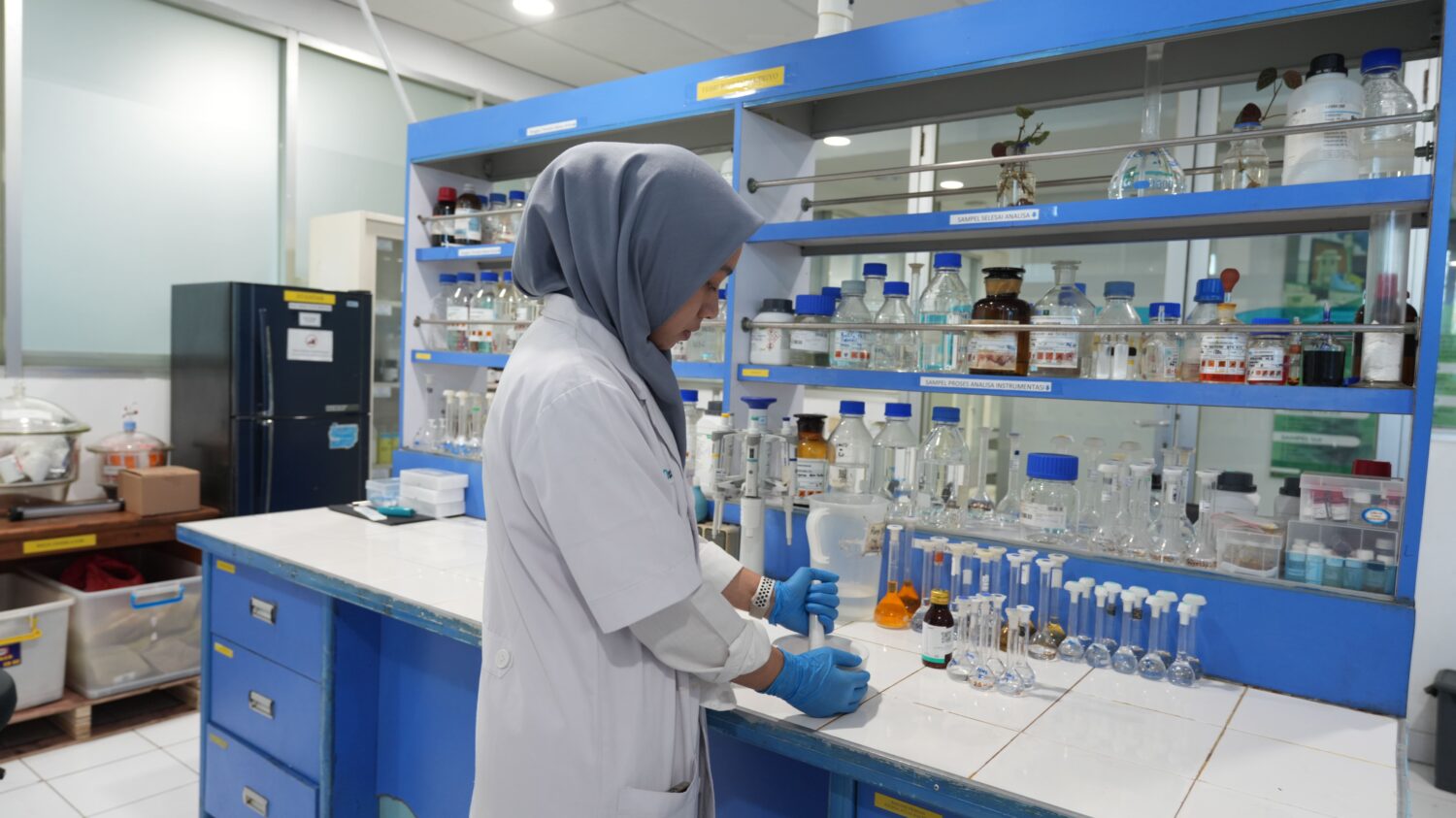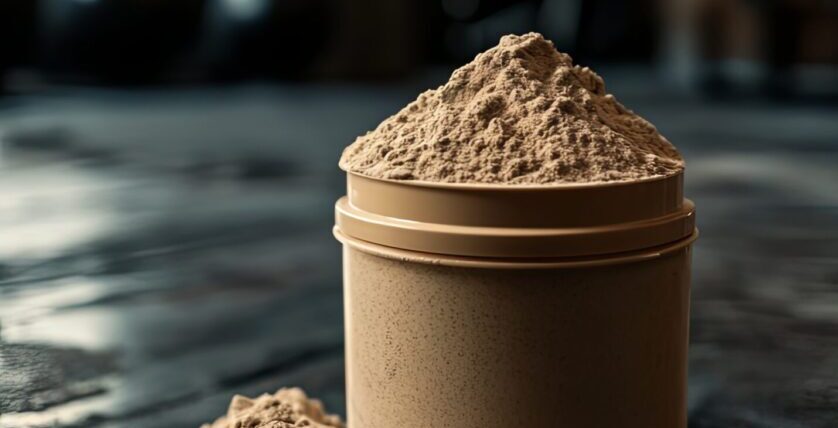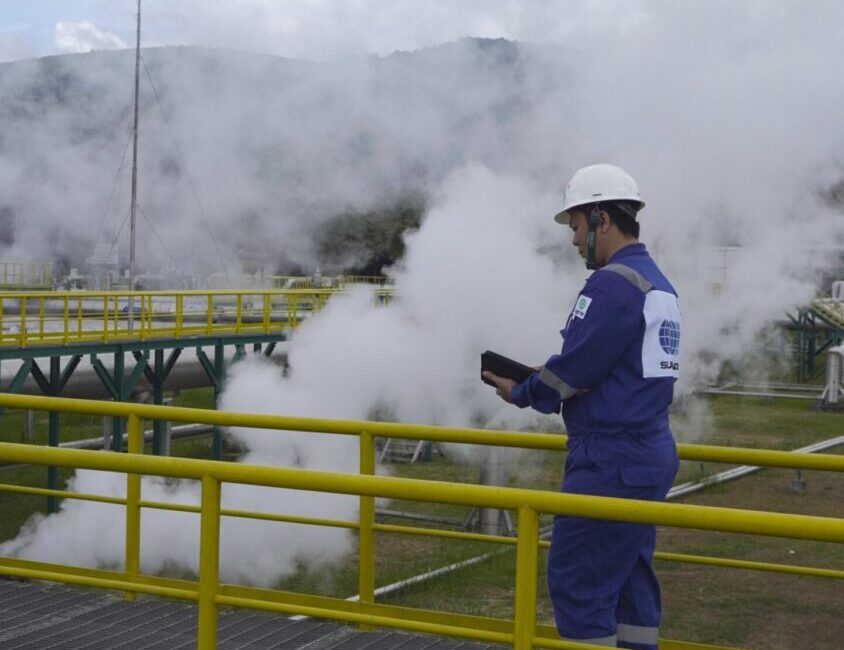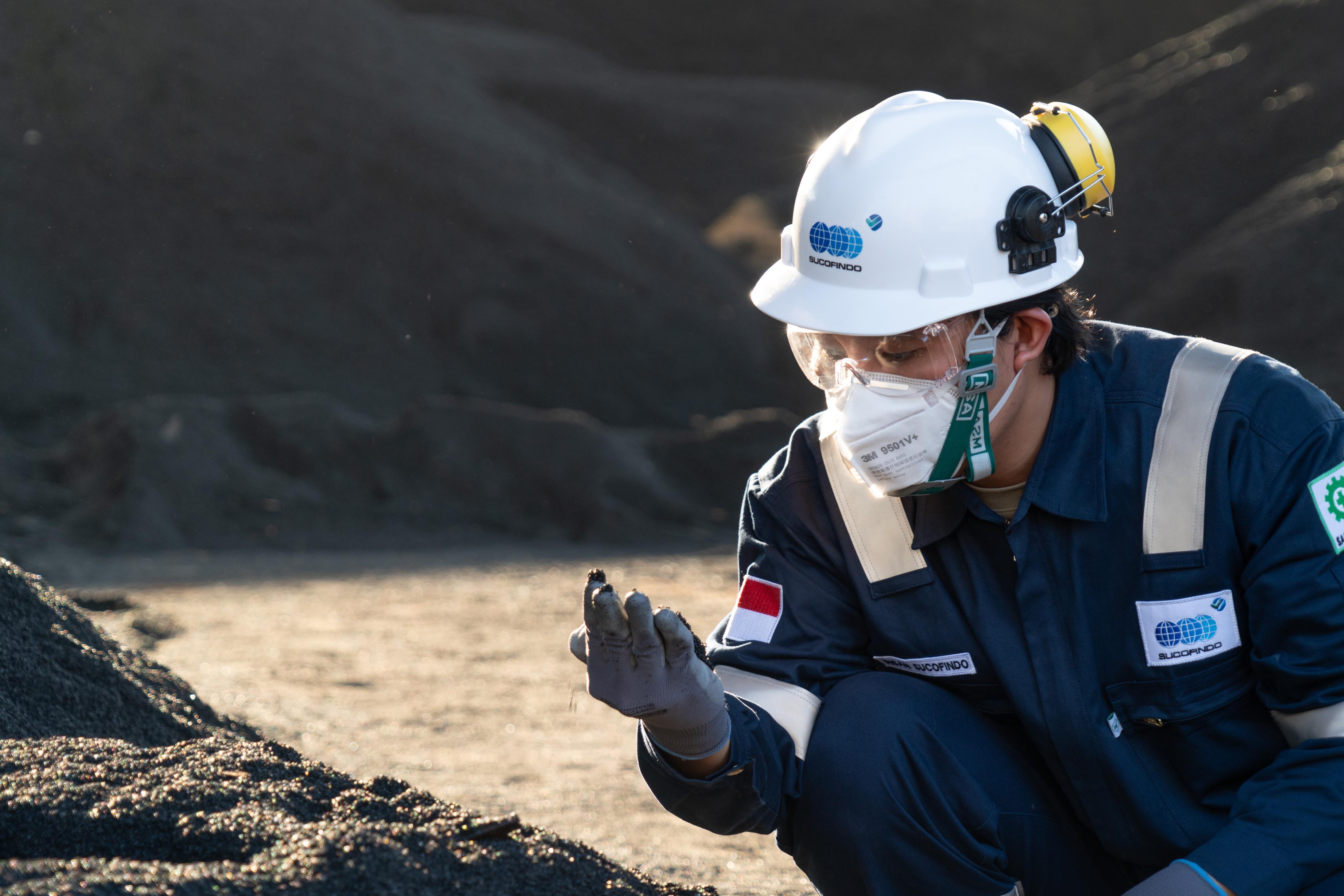Have you ever bought a plate, water bottle, or food container just because it looked nice or was priced cheaply—without checking if it’s actually safe to use? In today’s market, where household products are available in countless varieties, certification and safety testing are often overlooked, even though they are the first layer of protection for your family.
Labels such as SNI, halal certification, or laboratory test results are not mere formalities. They are guarantees of safety, especially for items that come into contact with food, heat, or skin. Without proper verification, many household items could potentially release harmful substances and pose long-term health risks.
The Hidden Risks Behind Everyday Products
Not all clean-looking or newly packaged items are automatically safe. Many household utensils and containers on the market today may:
- Be made from recycled plastic containing harmful chemicals
- Contain heavy metals such as lead or cadmium
- Release substances like BPA when exposed to heat
- Lack safety labels such as SNI, “food grade,” or traceable material origins
Over time, exposure to these substances—even in small amounts—can accumulate and lead to health concerns ranging from skin irritation to digestive issues, or worse.
Smarter Consumers, Certified Products
One way to reduce the risk is by becoming a more informed and cautious consumer. Before buying, check whether the product:
- Has an SNI or food-grade label
- Has been tested for chemical or metal migration
- Has a halal certificate (for items used in food preparation)
- Lists the manufacturer and material source clearly
For producers and sellers, product testing and certification offer a strategic way to ensure product safety, meet legal standards, and gain market trust.
Who Needs to Be More Aware?
- Households, especially those with children or elderly members
- Small and medium producers of kitchenware, plastic, or metal-based utensils
- Retailers and online marketplaces selling consumer goods
- Food and hospitality businesses using large volumes of household equipment
The Positive Impact of Certified Household Products
Certified and tested products benefit not just users, but also businesses and markets. Some of the key advantages include:
- Improved consumer protection and confidence
- Stronger brand credibility and product traceability
- Compliance with government and marketplace requirements
- Lower risk of product recall or legal issues
- Increased competitiveness in modern retail or export markets
SUCOFINDO: Your Partner for Testing and Certifying Household Products
As a trusted and accredited TIC (Testing, Inspection, Certification) provider, SUCOFINDO offers laboratory testing and certification services for a wide range of household items, including:
- Migration tests for heavy metals in utensils and cookware
- BPA, formaldehyde, and chemical residue testing in plastic products
- Cosmetic and cleaning product safety tests
- Certification services for SNI, halal, ISO, and more
- Guidance and training for producers and SMEs entering the formal market
Conclusion: Protection Begins at Home
Getting used to checking labels and certification marks is not just a smart habit—it’s a way to protect your family. What looks safe may not always be safe.
And for business owners, taking this step means embracing product responsibility while unlocking larger market opportunities.
With SUCOFINDO’s support, you gain more than just certification—you gain consumer trust, operational safety, and readiness to grow sustainably.
Because true protection always begins at home.







